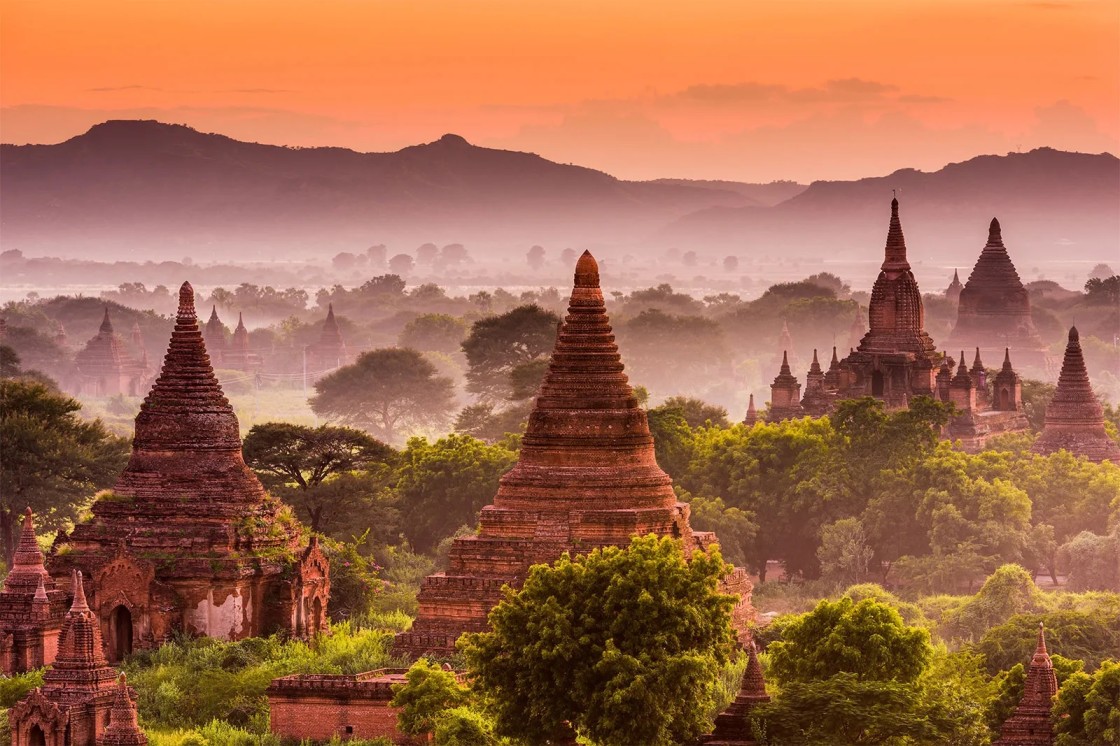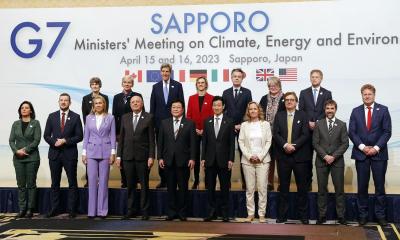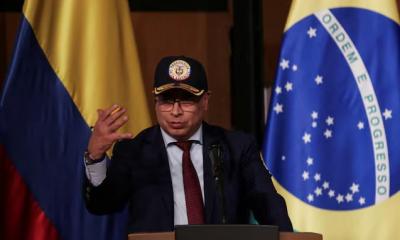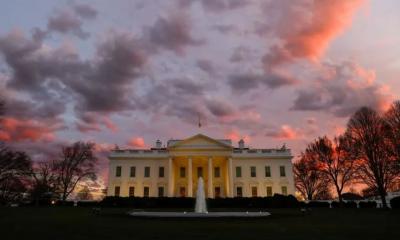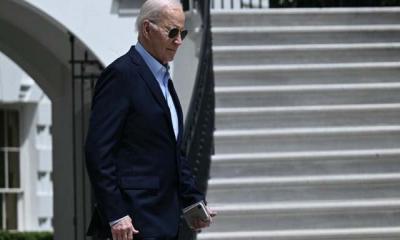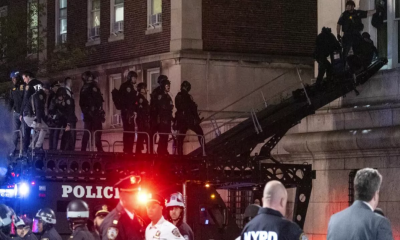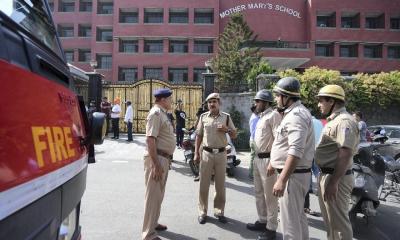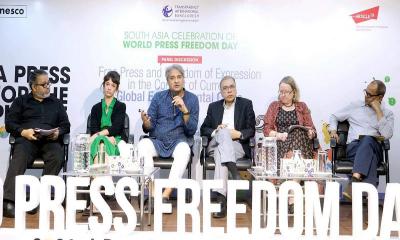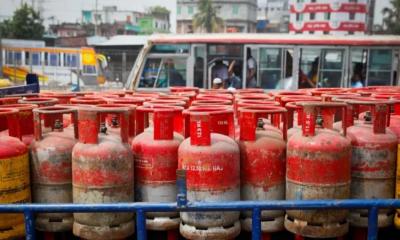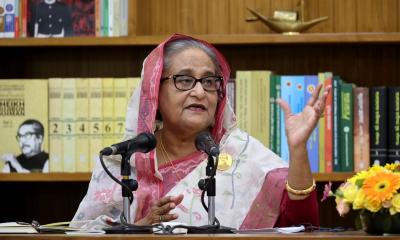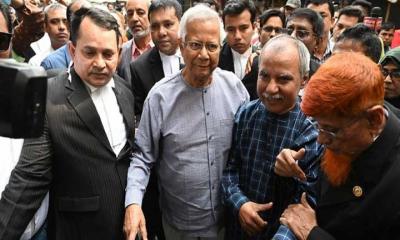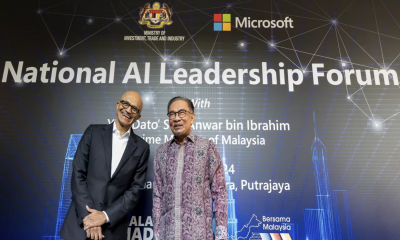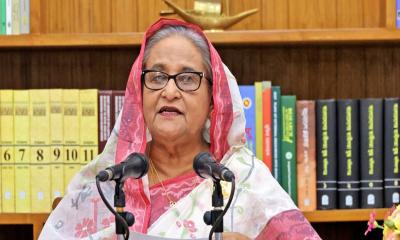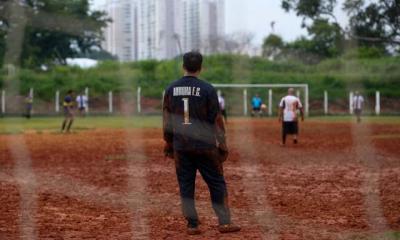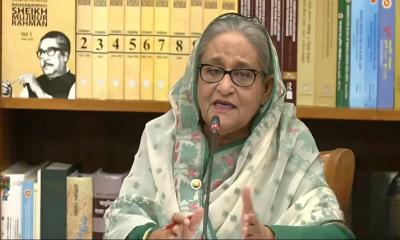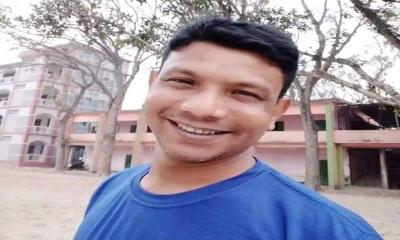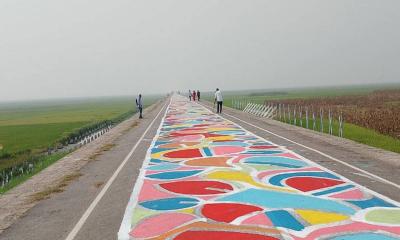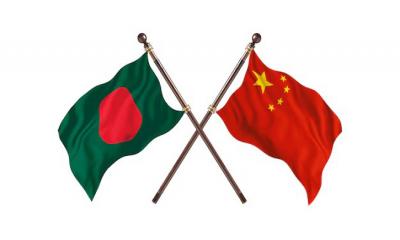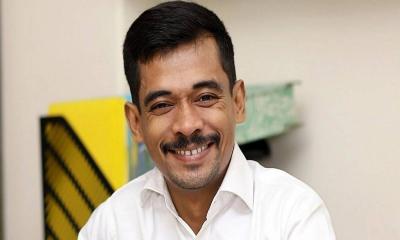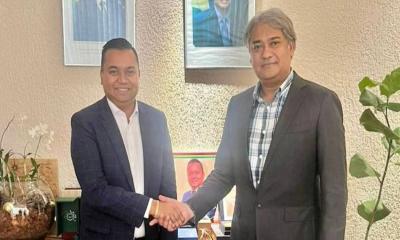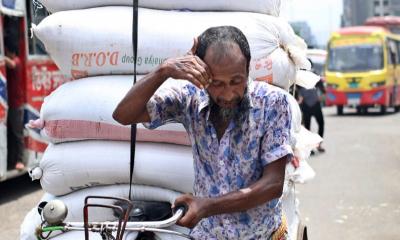Myanmar, also known as Burma. This South Asian country has endured years of oppressive military rule, extreme poverty, and a civil war involving ethnic minority groups. 2011 saw the end of total military rule, which raised expectations for democratic reforms.
However, the military started an ethnic cleansing campaign against the Rohingya amid maintaining control over a large portion of the government. In February 2021, the military overthrew the government and repressed protests.
The opposition established a fighting force and shadow government, sparking a civil war and potential humanitarian crisis. In this article/video we are going to know about the different political landscape of Myanmar, from the beginning: Pagan is a village in central Myanmar, situated on the left bank of the Irrawaddy River. The site is an oldest capital city of Myanmar, as well as a pilgrimage center contains ancient Buddhist shrines are in current use.
In 1057 - King Anawrahta founds the first unified Myanmar state at Pagan.
1287 - Mongols under Kublai Khan conquer Pagan.
1531 - Toungoo dynasty, with Portuguese help, reunites country as Burma.
1885 - Britain captures Mandalay after a battle followed by two Anglo-Burmese war; Burma becomes a province of British India.
1937 - Britain separates Burma from India and makes it a crown colony.
1942 - Japan invades Burma, aided by the Japanese-trained Burma Independence Army. Later, the army transforms itself into Anti-Fascist People`s Freedom League, or AFPFL and resists Japanese rule.
1945 - Britain liberates Burma from Japanese occupation with help from the AFPFL that led by Aung San.
1947 - Aung San and six members of his interim government assassinated by political opponent.
1948 - Burma becomes independent with U Nu as prime minister, who was foreign minister of Japanese-occupation time puppet cabinet.
1958 - Caretaker government formed following a split in the ruling AFPFL party. Army Chief of Staff General Ne Win made that interim government head.
1960 - U Nu`s party secures a significant election win. But the military burst out of anger on Nu’s promotion of Buddhism as the state religion and his tolerance of separatism.
1962 - U Nu`s faction ousted in military coup led by General Ne Win, who abolishes the federal system and starts "the Burmese Way to Socialism" - nationalising the economy, forming a single-party state with the Socialist Programme Party as the sole political party, and banning independent newspapers.
1974 - New constitution comes into effect, transferring power from the armed forces to a People`s Assembly headed by that General Ne Win.
1988 - Thousands of people are killed in anti-government riots that surfaced due to currency devaluation.
1989 - The State Law and Order Restoration Council (Slorc) declares martial law, arrests thousands of people, including advocates of democracy and human rights, renames Burma `Myanmar`, with the capital, Rangoon, becoming Yangon. NLD leader Aung San Suu Kyi, the daughter of Aung San, is put under house arrest.
1990 - Opposition National League for Democracy (NLD) wins landslide victory in general election, but the result is ignored by the military.
1991 - Aung San Suu Kyi awarded Nobel Peace Prize for her commitment to peaceful change.
1995 - Aung San Suu Kyi is released from house arrest after six years.
2000 - Aung San Suu Kyi begins secret talks with ruling council.
2003 - Khin Nyunt becomes prime minister, proposes to draft new constitution.
2004 - That PM Khin Nyunt is placed under house arrest.
2005 - Myanmar decides to relocate government operation to a new site Pyinmana; it is later given the name Nay Pyi Taw.
2007 - Aung San Suu Kyi is allowed to leave her house to greet monks demonstrating in Rangoon. It is her first public appearance since 2003.
2008 - A series of bomb blasts hits the country in January.
Government publishes proposed new constitution in April, which allocates a quarter of seats in parliament to the military and bans opposition leader Aung San Suu Kyi from holding office.
2009 - US Secretary of State Hillary Clinton announces plans for engagement with military rulers in September. On the next month Aung San Suu Kyi begins talks with Myanmar`s military leaders and is allowed to meet Western diplomats.
2010 - Government announces that long-awaited election under junta-backed electoral commission.
Military-backed party wins the election. Aung San Suu Kyi - who had been prevented from taking part in election- is released from house arrest after 7 days of election.
2011 - Thein Sein is sworn in as president of a new, nominally civilian government. US Secretary of State Hillary Clinton visits Myanmar, meets the President alongside Aung San Suu Kyi.
2012 - NLD candidates sweep the board in parliamentary by-elections, with Aung San Suu Kyi elected. The EU suspends all non-military sanctions against Burma for a year. Myanmar abolishes pre-publication media censorship.
2013 - Four private daily newspapers appear for the first time in almost 50 years as the state monopoly ends. Six Muslims are jailed over the Meiktila clashes in March. No Buddhists are convicted. Barack Obama criticises violence against Rohingya Muslims.
2015 - Opposition NLD-led by Aung San Suu Kyi - wins enough seats in parliamentary elections to form a government.
2017 - The UN human rights council decides to set up an investigation into alleged human rights abuses by the army against the Rohingya Muslim minority.
2017 - Rohingya militants attack police posts in Rakhine. The response by security forces prompts an exodus of Rohingya and allegations that their actions amount to ethnic cleansing.
The number of Rohingya Muslims who have fled military action in Rakhine state and sought refuge in Bangladesh is estimated at one million.
2018 - President Htin Kyaw resigns on health grounds and is replaced by Win Myint, a fellow Suu Kyi loyalist.
A UN report accuses Myanmar`s military leaders of carrying out genocide, war crimes, and crimes against humanity against Rohingya Muslims, calling for six generals to face trial at the International Criminal Court. It also accuses Aung San Suu Kyi of failing to prevent the violence. Myanmar rejects the findings.
2018 - Two Reuters journalists are sentenced to seven years in prison for reporting on the military`s violence against the Rohingya.
2021 - The governing NLD beat pro-military candidates in the 2020 November elections, prompting the army to allege voting fraud and overthrow the government.
Army chief Min Aung Hlaing takes over in a military coup. State Counsellor Aung San Suu Kyi is arrested again.
2022 - State forces continued to engage in violence targeting civilians across Myanmar.
2023 - Rebels continue fighting against junta and capture the first district-level town in December that starts operating under a full-strength civilian administration.


